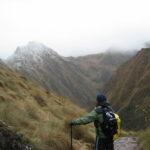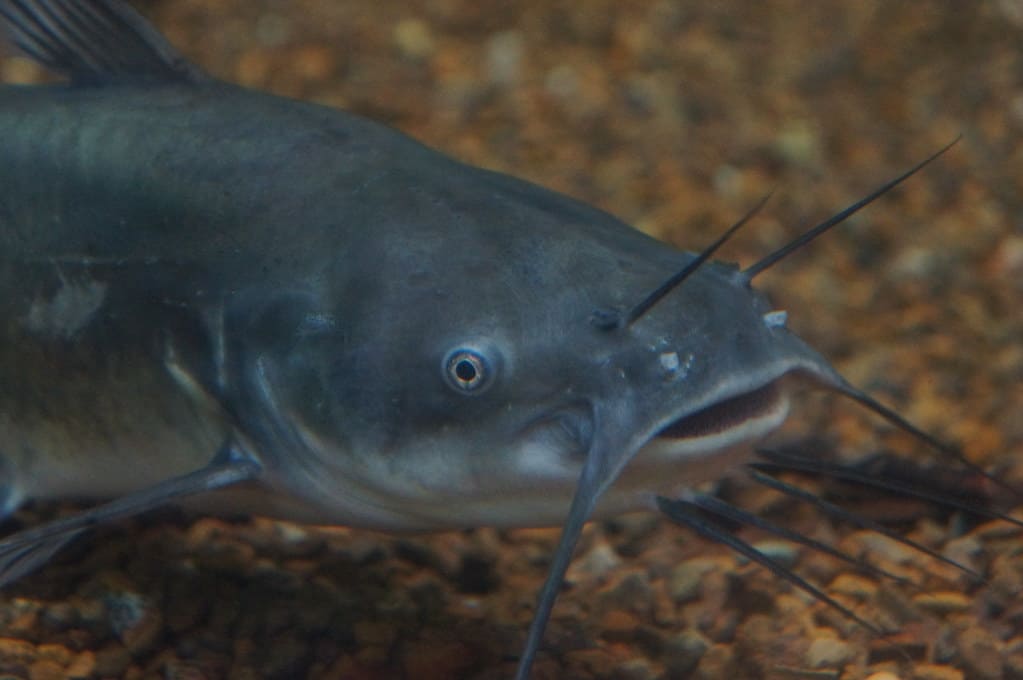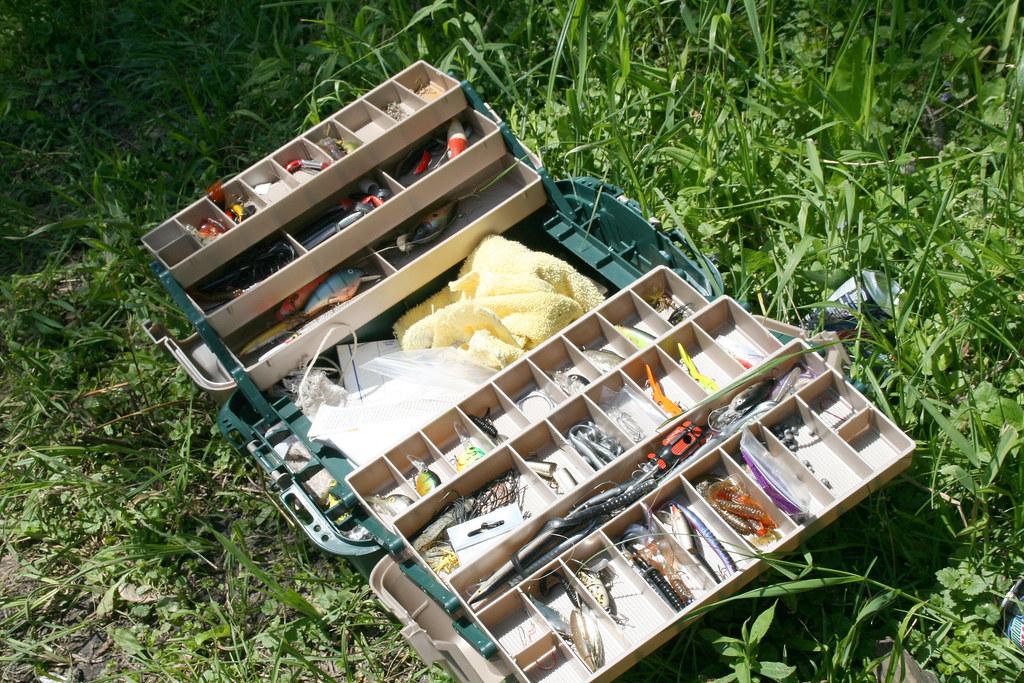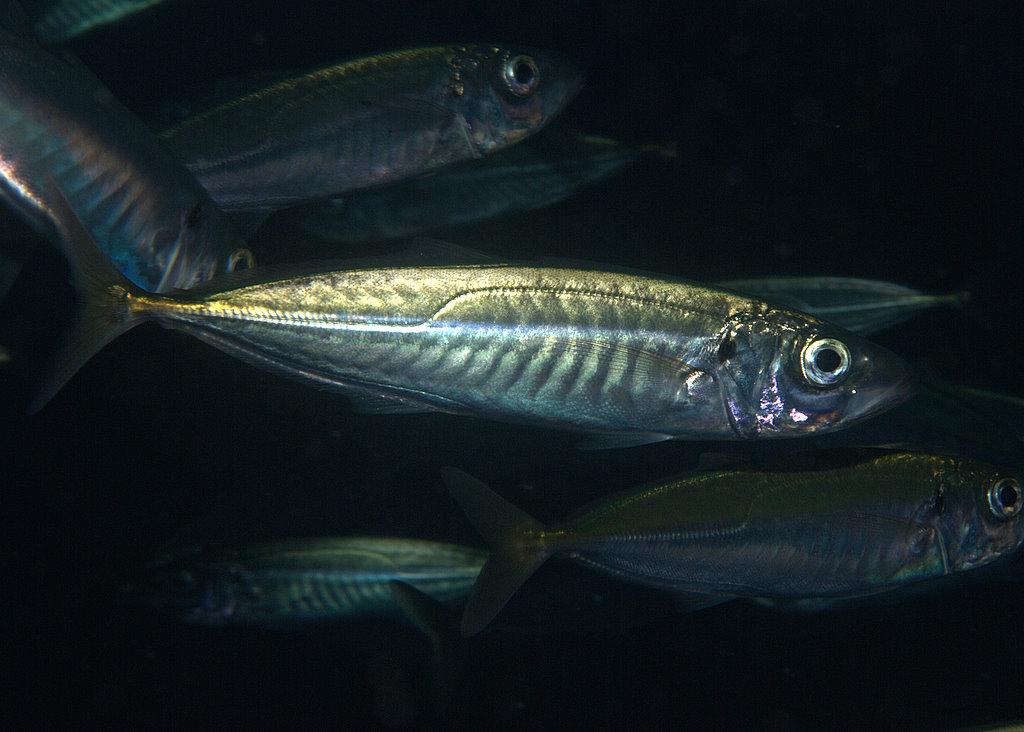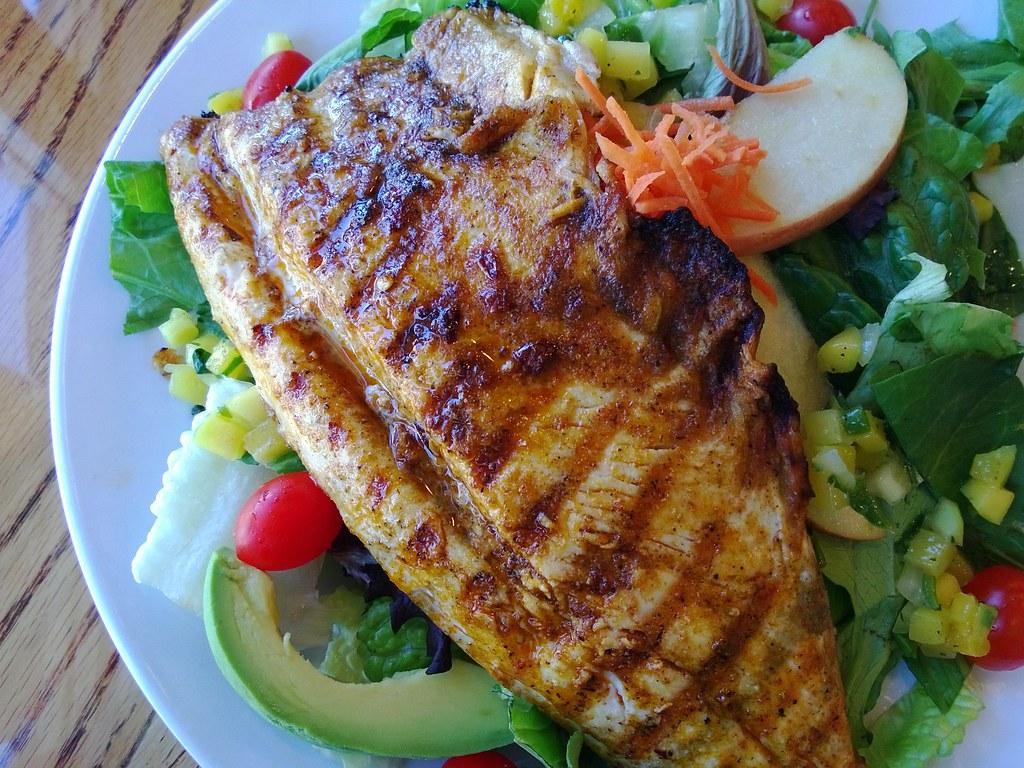Fishing is an age-old pastime that offers not just the thrill of the catch, but also a great way to unwind and connect with nature. If you’re new to the sport, *don’t fret*! This guide on fishing for beginners will help you get started with ease. From understanding the basics of fishing gear to mastering simple casting techniques, we’ll cover all you need to know to make your first fishing experience a success.
Fishing can seem daunting at first with all the equipment, terminology, and techniques involved. However, with a little patience and practice, you’ll soon find that it’s a rewarding activity that you can enjoy alone or with friends and family. The key is to start small, learn the fundamental skills, and build your confidence as you go.
Whether you’re looking to fish in a local pond, a river, or even the open sea, the principles remain the same. The right gear, some basic knowledge, and a bit of patience are all you need to get started. So why wait? Visit our website to learn more and get started today!
Essential Fishing Gear for Beginners

Before you cast your first line, it’s crucial to have the right equipment. The good news is that *you don’t need to break the bank* to get started. Here are the essential pieces of fishing gear every beginner should have:
- Fishing Rod and Reel: A spinning rod and reel combo is perfect for beginners. It’s versatile and easy to use, allowing you to target a variety of fish species.
- Fishing Line: Monofilament line is recommended for beginners due to its flexibility and ease of use. A 6-12 lb test line is a good starting point.
- Hooks and Sinkers: A selection of hooks in various sizes and some split shot sinkers will cover most fishing scenarios.
- Bait and Lures: Live bait like worms or minnows are excellent choices for beginners. Artificial lures such as plastic worms, spinners, and crankbaits are also effective.
- Tackle Box: A small tackle box will help you organize your hooks, sinkers, lures, and other small items.
- Fishing License: Make sure to obtain a fishing license, as it’s required in most places. Check local regulations to ensure you’re compliant.
Investing in these basic items will set you up for a successful fishing experience. As you become more experienced, you can gradually expand your gear to suit your specific needs and preferences. Happy fishing!
Choosing the Right Fishing Spot
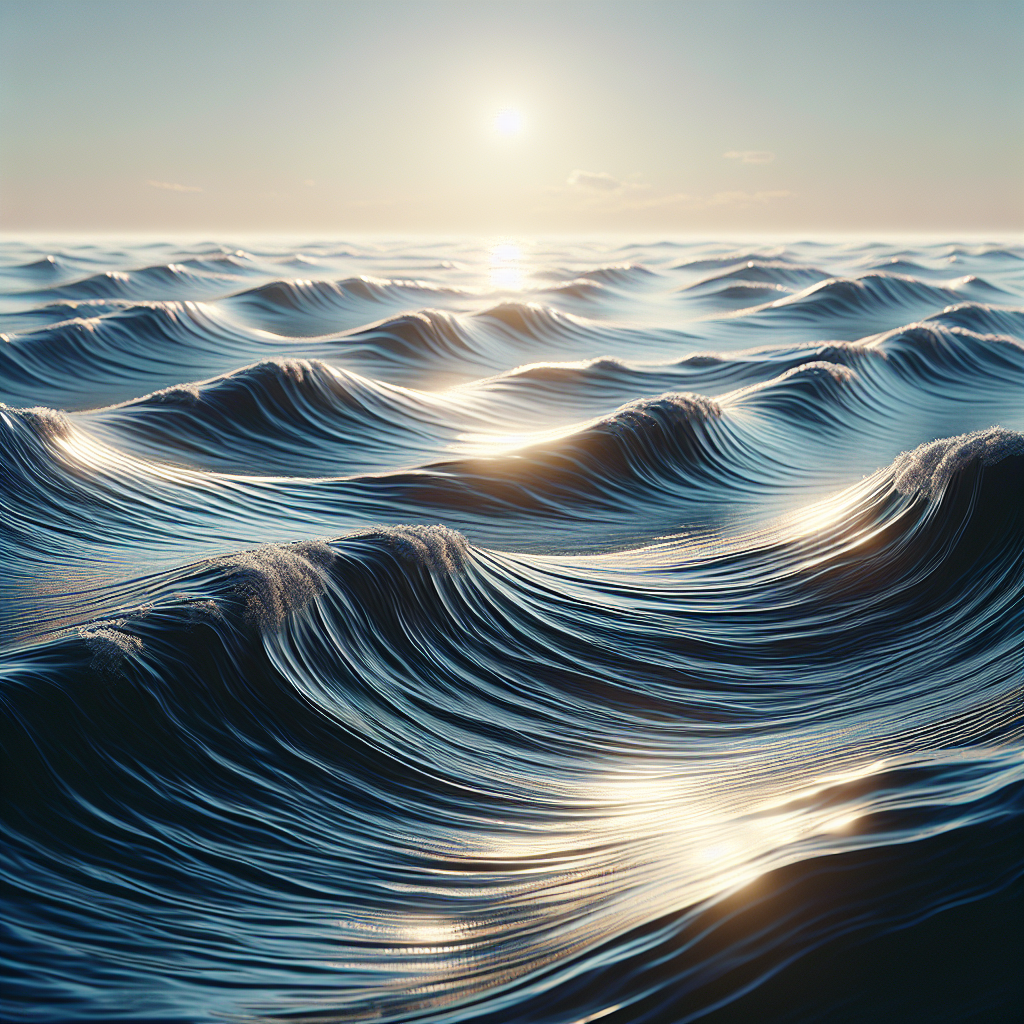
Finding the right fishing spot can make all the difference in your success as a beginner. Here are some tips to help you choose the best location:
- Research Local Waters: Start by researching local lakes, rivers, and ponds. Local fishing forums and websites can provide valuable information on popular fishing spots and what kinds of fish you can catch there.
- Look for Structure: Fish love to congregate around structures such as rocks, fallen trees, and vegetation. These areas offer shelter and food sources, making them excellent spots to cast your line.
- Check Water Conditions: Pay attention to the water conditions, such as clarity and temperature. Fish are more likely to be active in clearer, warmer waters. Overcast days can also be ideal for fishing as fish tend to be more active in lower light conditions.
- Observe Wildlife: Birds and other wildlife can be good indicators of fish activity. If you see birds diving into the water, it’s a strong sign that fish are present.
- Ask Locals: Don’t hesitate to ask local anglers for advice. They can often share insights on the best spots and times to fish in your area.
Remember, part of the fun of fishing is exploring different locations and discovering what works best for you. By choosing the right fishing spot, you’ll increase your chances of catching your first fish and enjoying a rewarding fishing experience.
Basic Fishing Techniques for Beginners

Mastering basic fishing techniques is essential for beginners looking to catch their first fish. Here are some fundamental techniques to get you started:
- Casting: Whether you’re using a spinning rod or a baitcasting reel, learning how to cast properly is crucial. For spinning rods, hold the rod with one hand and open the bail with the other. Use a smooth, sweeping motion to cast the bait, and then close the bail to start reeling. Practice makes perfect, so don’t get discouraged if you don’t get it right away.
- Reeling: Once your bait is in the water, it’s time to reel in. Reel at a steady pace, varying your speed occasionally to mimic the movement of live bait. Pay attention to any resistance or tugging on your line, which could indicate a fish biting.
- Setting the Hook: When you feel a bite, it’s important to set the hook properly. Quickly lift the rod tip to ensure the hook catches in the fish’s mouth. This motion should be firm but not too forceful, as you don’t want to yank the hook out of the fish’s mouth.
- Playing the Fish: Once you’ve hooked a fish, you’ll need to play it to tire it out before reeling it in. Keep the rod tip up and let the fish pull against the line. If the fish makes a run, let it take some line and then reel it back in. This back-and-forth will tire the fish and make it easier to bring it to shore.
- Landing the Fish: When the fish is close enough, use a net to scoop it out of the water. Be gentle to avoid injuring the fish, especially if you plan to release it.
By mastering these basic fishing techniques, you’ll be well on your way to becoming a successful angler. Remember, patience and practice are key, so don’t be afraid to spend time honing your skills.
Understanding Fishing Safety Tips

Fishing is a relaxing and rewarding activity, but it’s essential to prioritize safety to ensure an enjoyable experience. Here are some key fishing safety tips that every beginner should understand:
- Wear a Life Jacket: If you’re fishing from a boat, always wear a life jacket. Even if you’re a strong swimmer, unexpected accidents can happen, and a life jacket can save your life.
- Check the Weather: Always check the weather forecast before heading out. Sudden changes in weather, such as thunderstorms or strong winds, can make fishing dangerous. If the weather looks bad, it’s better to reschedule your trip.
- Use Sun Protection: Spending long hours in the sun can lead to sunburn or heatstroke. Wear a hat, sunglasses, and sunscreen to protect yourself from harmful UV rays. Consider wearing lightweight, long-sleeved clothing for additional protection.
- Handle Hooks with Care: Fishing hooks are sharp and can cause serious injuries. Always handle them with care, and use pliers to remove hooks from fish to avoid getting pricked. Keep your tackle box organized to prevent accidents.
- Stay Hydrated: Bring plenty of water to stay hydrated, especially on hot days. Dehydration can sneak up on you, and it’s essential to drink water regularly to stay alert and healthy.
- Know Your Limits: If you’re fishing in a new area, familiarize yourself with the local regulations and any potential hazards. Know your physical limits and avoid pushing yourself too hard, especially if you’re fishing in remote locations.
- Keep First Aid Supplies: Always have a first aid kit on hand. Accidents can happen, and being prepared with basic supplies like bandages, antiseptic, and pain relievers can make a big difference.
By following these fishing safety tips, you’ll ensure a safer and more enjoyable fishing experience. Remember, safety first means more fun and successful trips in the long run.
Tips for a Successful Fishing Trip
Having a successful fishing trip involves more than just luck. With the right preparation and techniques, you can significantly increase your chances of making a great catch. Here are some essential tips to ensure your fishing trip is a success:
- Research the Location: Before heading out, research the fishing spot. Understand the type of fish available, the best time to catch them, and any local regulations. Knowledge of the area can make a big difference in your success rate.
- Choose the Right Gear: Selecting the appropriate fishing gear is crucial. Use the right rod, reel, and tackle that match the type of fish you’re targeting. Don’t forget to bring extra lines, hooks, and weights in case you need them.
- Bring the Right Bait: Different fish species are attracted to different types of bait. Use live bait, artificial lures, or flies that are known to attract the specific fish you are aiming to catch. Experiment with different options if you’re not getting bites.
- Practice Casting: Good casting technique can improve your chances of a successful catch. Spend some time practicing your casting skills before your trip, especially if you’re new to fishing. Aim for accuracy and distance.
- Stay Patient and Observant: Fishing requires patience. Pay attention to the water and look for signs of fish activity, such as jumping fish or ripples on the surface. Sometimes, waiting quietly can be the key to success.
- Adapt to Conditions: Be flexible and willing to change your approach based on the conditions. If a particular spot or bait isn’t working, don’t hesitate to try something different. Fish can be unpredictable, so adaptability is key.
By following these tips, you’ll be well on your way to a successful fishing trip. Remember, preparation and patience are the hallmarks of any good angler. Visit our website to learn more and get started today!
Subscribe to our newsletter to get information delivered to your inbox on homesteading, growing food, food preparation, travel, fishing, and more.





